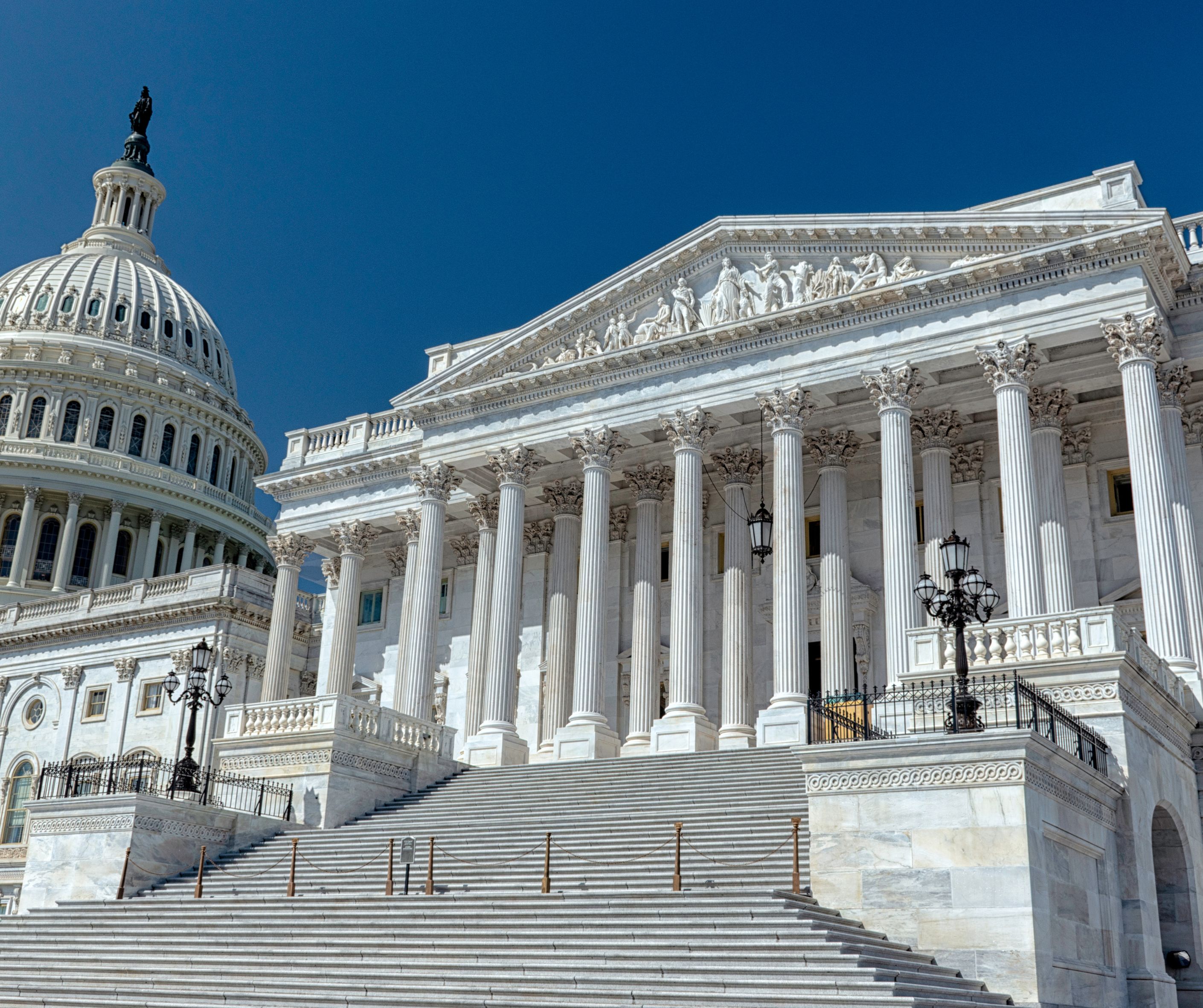Lesson: Creating Teachable Moments – Economic Content in the Environmental Context

- >
- Teachers
- >
- Teacher Resources
- >
- Lesson Plans
- >
- Environment and the Economy
- >
- Lesson: Creating Teachable Mom…
| Economic Concepts | Environmental Context |
|---|---|
| Incentives | Resource |
| Economic Reasoning | |
| Scarcity | |
| Rational Choice | |
| Cost | |
| Cost/Benefit Analysis | |
| Trade-Off |
Activity Download
Download handout: “Ignoring Pleas of Environmentalists, Kansas Man Digs Up Virgin Prairie” (Microsoft Word)
Download handout: “Combining Economic Reasoning With Environmental Issues: A Student Perspective,” (Microsoft Word)
National Content Standards Addressed:
Standard 1: Productive resources are limited. Therefore, people cannot have all the goods and services they want. As a result, they must choose some things and give up others.
Standard 3: Different methods can be used to allocate goods and services. People acting individually or collectively through government must choose which methods to use to allocate different kids of goods and services.
Standard 5: Voluntary exchange occurs only when all participating parties expect to gain. This is true for trade among individuals or organizations within a nation, and among individuals or organizations in different nations.
Activity: “Bag and Baggage”
Key Points
- The marriage of environmental issues and economic reasoning results in a strong educational match.
- Lessons on environmental economics can incorporate the components of a sound and engaging unit of study:
- Pedagogically, they are attractive and relevant to students. Students’ interest and sympathy promote active engagement.
- They provide a fertile contextual background for teaching mandated, standards-based economic reasoning.
- Environmental economics units are inherently multi-cultural and multi-disciplinary, and they easily incorporate community involvement, active learning, and critical thinking.
- Lessons on environmental economics can incorporate the components of a sound and engaging unit of study:
- The challenge of incorporating the economic perspective in environmental studies derives from the fact that students do not come to the topic as blank slates.
- Overflowing mind rather than empty mind
- Know a lot that isn’t so
- Emotion often masquerades as thought
- Media fascination with environmental issues creates the added difficulty of separating education from the environmental movement’s very effective advocacy.
- A variety of environmental perspectives emerged during the last quarter of the 20th century, vying for the allegiance of policy-makers and citizens.
- Doomsday prophets – Paul Ehrlich
- Environmental activists – Rachel Carson
- Environmental scientists – Bjørn Lomborg
- Environmental economists – Barry Field
- Free market advocates – Terry Anderson
- Pollyanna technocrats – Ben Franklin
- A variety of environmental perspectives emerged during the last quarter of the 20th century, vying for the allegiance of policy-makers and citizens.
- The economic way of thinking gives students intellectual tools to analyze and evaluate environmental perspectives:
- Economics is the study of how people get what they want – including such things as a cleaner environment or protections for wildlife, for example.
- Economics recognizes the existence of scarcity and studies the allocation of limited resources.
- Economics proposes a decision-making process based on recognition that choice involves cost.
- Economics helps students recognize the weight of personal and societal values in choosing among alternatives.
- The study of economics can overcome its reputation: best practices in educational pedagogy are also the best practices in teaching the The Environment and the Economy.
- Clear language
- Sequencing and scaffolding
- Inquiry – playing with ideas
- Less is more – focus on a few useful tools and many applications (practice)
- Practice. Practice. Practice.
- Less Is More – 5 powerful tools of economic reasoning empower student analysis of environmental issues:
- i. Scarcity – review with reference to the Site Selection Activity
- ii. Opportunity Cost
- People choose based on their perceptions of costs and benefits of available alternatives.
- Short and long term costs and benefits may differ.
- The important costs are marginal costs. (See lesson 6.)
- Efficient (low cost) alternatives are preferable to inefficient alternatives.
- You can’t just do one thing.
- iii. Incentives influence people’s choices. (See lessons 4 & 5.)
- Externalities must be considered in choices affecting the environment.
- iv. Ownership matters (See lesson 4.)
- v. Voluntary exchange creates wealth. (See “Bag and Baggage” activity.)
- Markets facilitate the voluntary exchange that directs resources to their highest valued uses.
- Combining the study of economics and environmental issues creates an engaging topic and an intellectual structure that empowers students to look for solutions and explanations.
Reading Assignment: (Word document) “Combining Economic Reasoning With Environmental Issues: A Student Perspective,” by Bob Reinke and Don Wentworth (From: William Walstad, ed. Secondary Economics and Business Education: New Developments in the United Kingdom, United States, and Other Nations. West Sussex, UK: Economics and Business Education Association, October, 1996. 159-168.)
Suggested Additional Readings: “Ignoring Please of Environmentalists, Kansas Man Digs Up Virgin Prairie” (From: New York Times, November 23, 1990.) “Why Economists Aren’t Popular,” by Thomas Sowell. (From: The Tampa Tribune, Commentary section. April 7, 2002.)
- Lesson: The Economic Perspective
- Activity: Bag and Baggage
- Lesson: Environmental Quality Is A Choice
- Activity: Site Selection – A Land Use Simulation
- Lesson: Creating Teachable Moments – Economic Content in the Environmental Context
- Activity: The Activity That Fails
- Lesson: Property Rights and “Green” Incentives
- Lesson: Incentives Change With the Rules of the Game
- Lesson: How Clean Is Clean?
- Lesson: Using Markets to Reduce Pollution
- Lesson: The Environment Is An Economic Good

The True Cost of Glory: What Economics Teaches Us About the Winter Olympics
February 19, 2026 As Norway celebrates its 15th gold medal and Italy rallies behind its home team’s nine golds at…

Tell Our Elected Officials to Enroll in FTE Programs, Please!
January 30, 2026 Despite last-minute negotiations late this week, President Trump and congressional leaders appear to once again be on…

Foundation for Teaching Economics Opens Student Application for Summer 2026
January 12, 2026 The Foundation for Teaching Economics is pleased to announce that applications for Summer 2026 student programs are…
